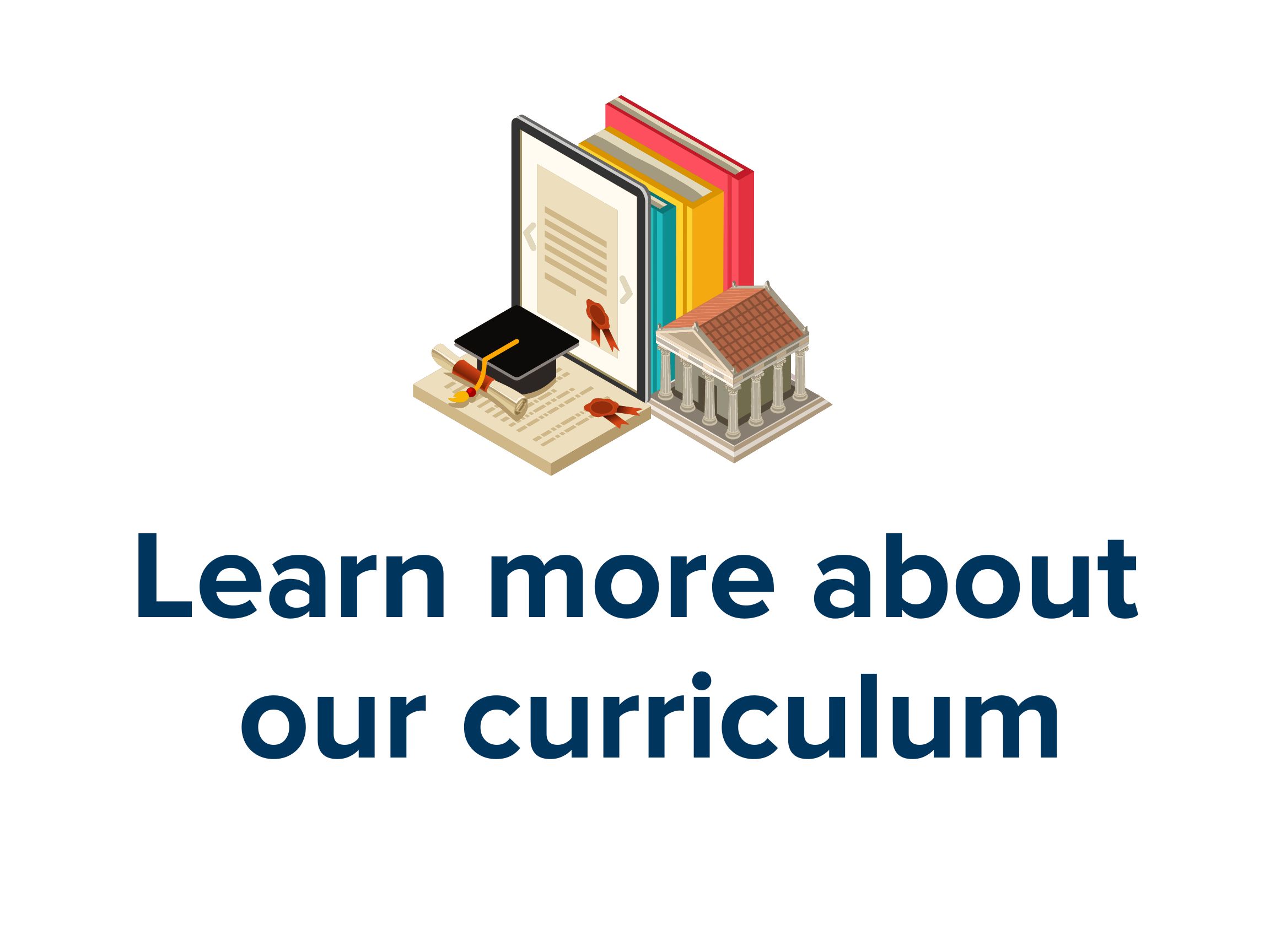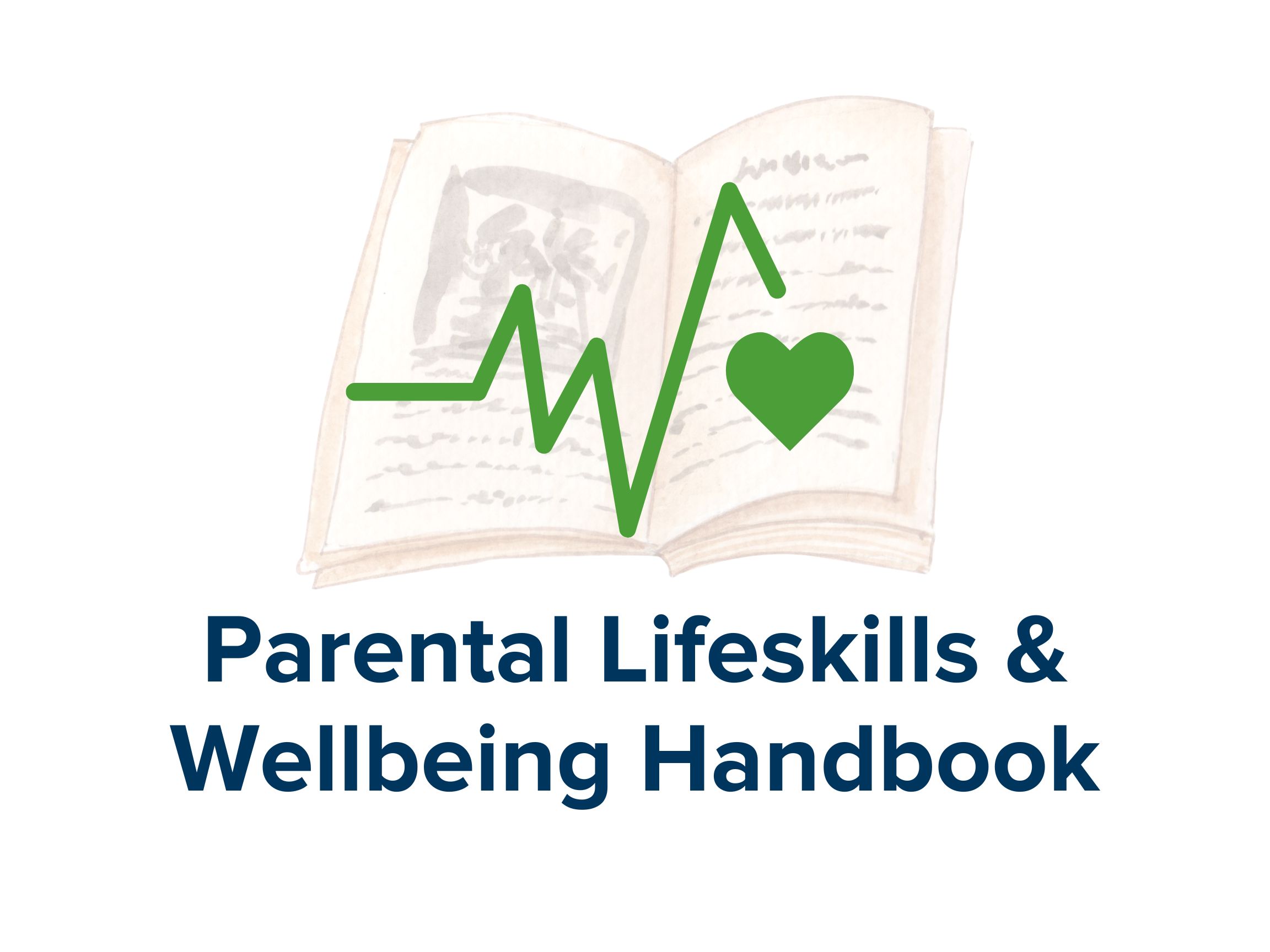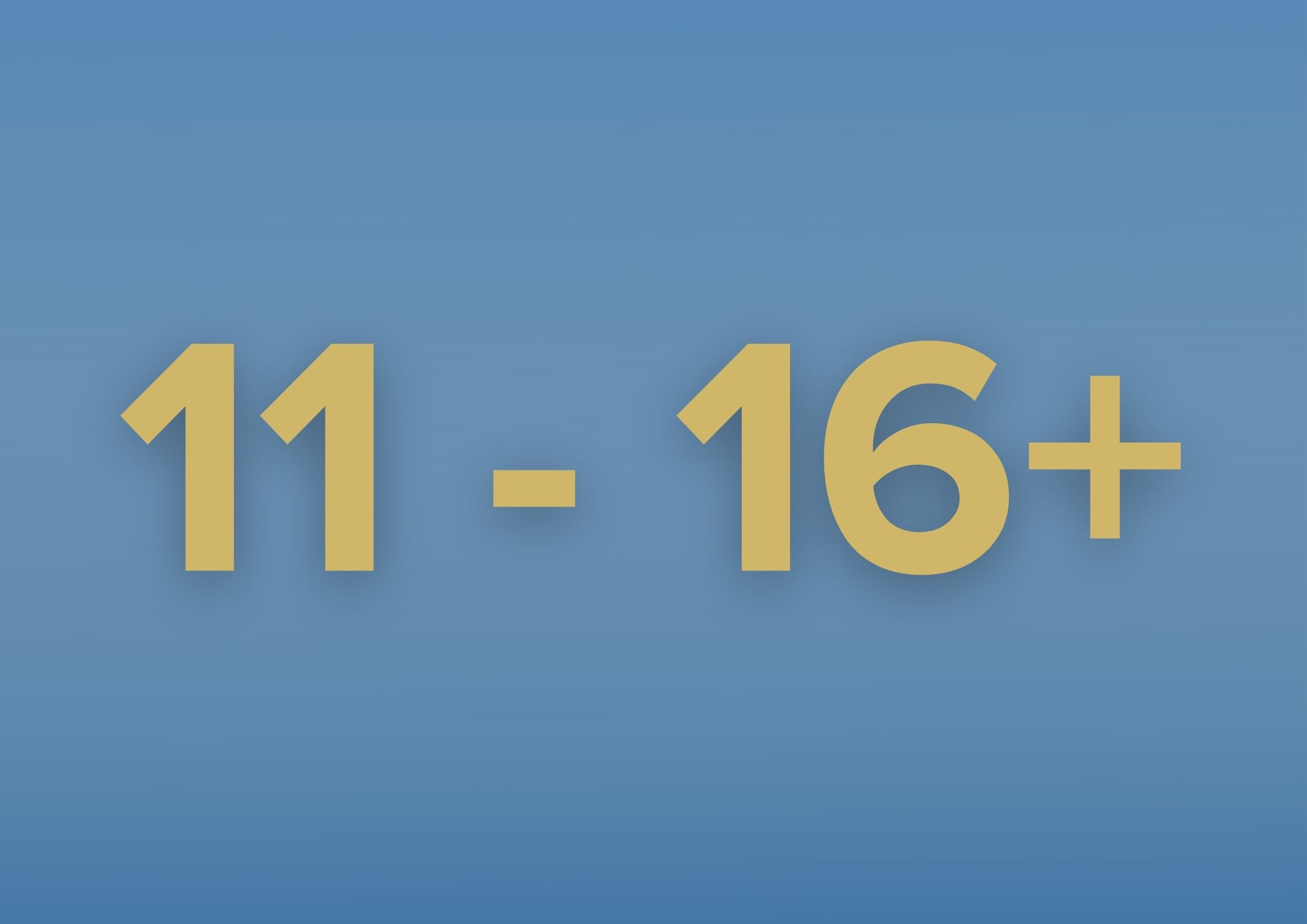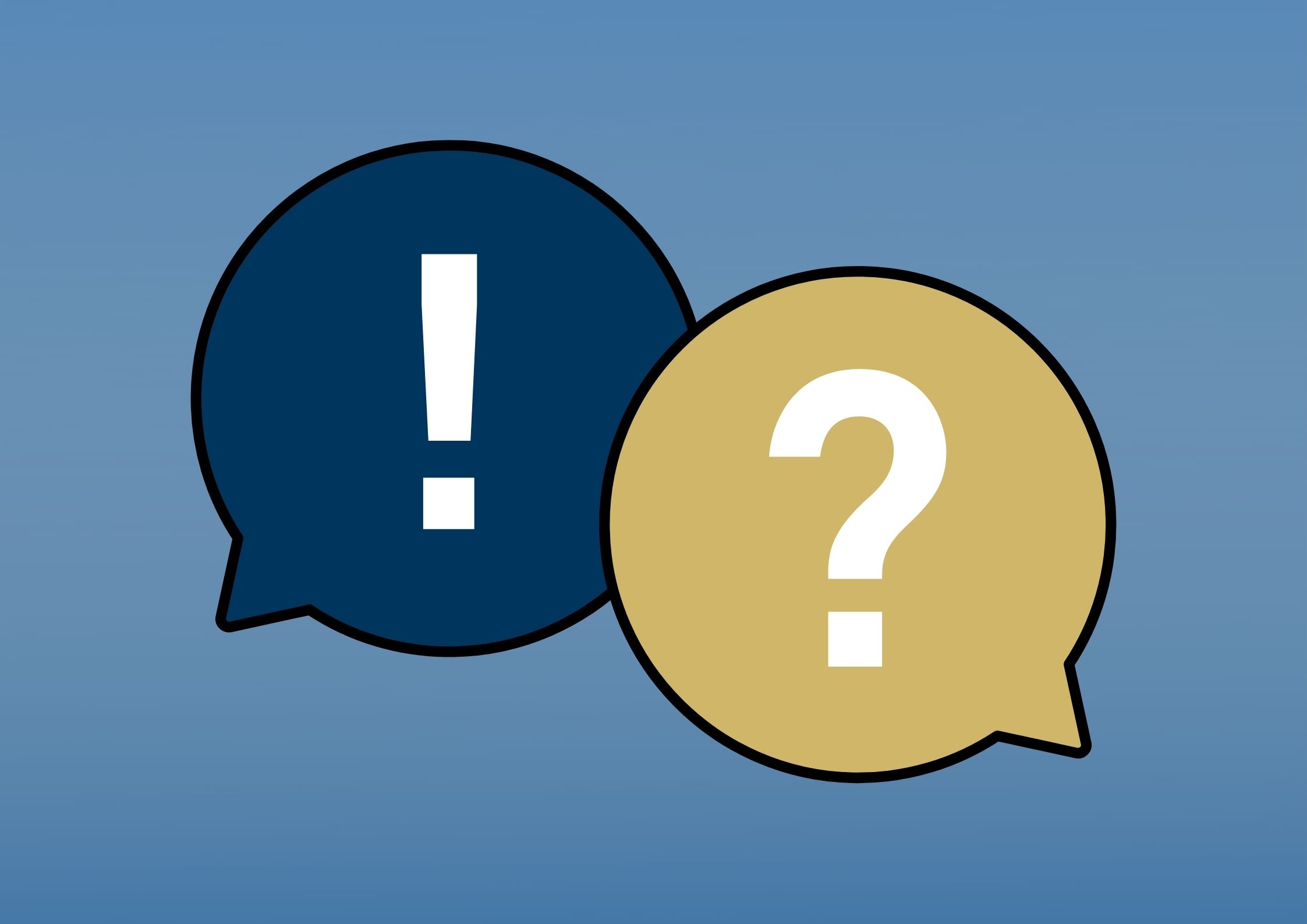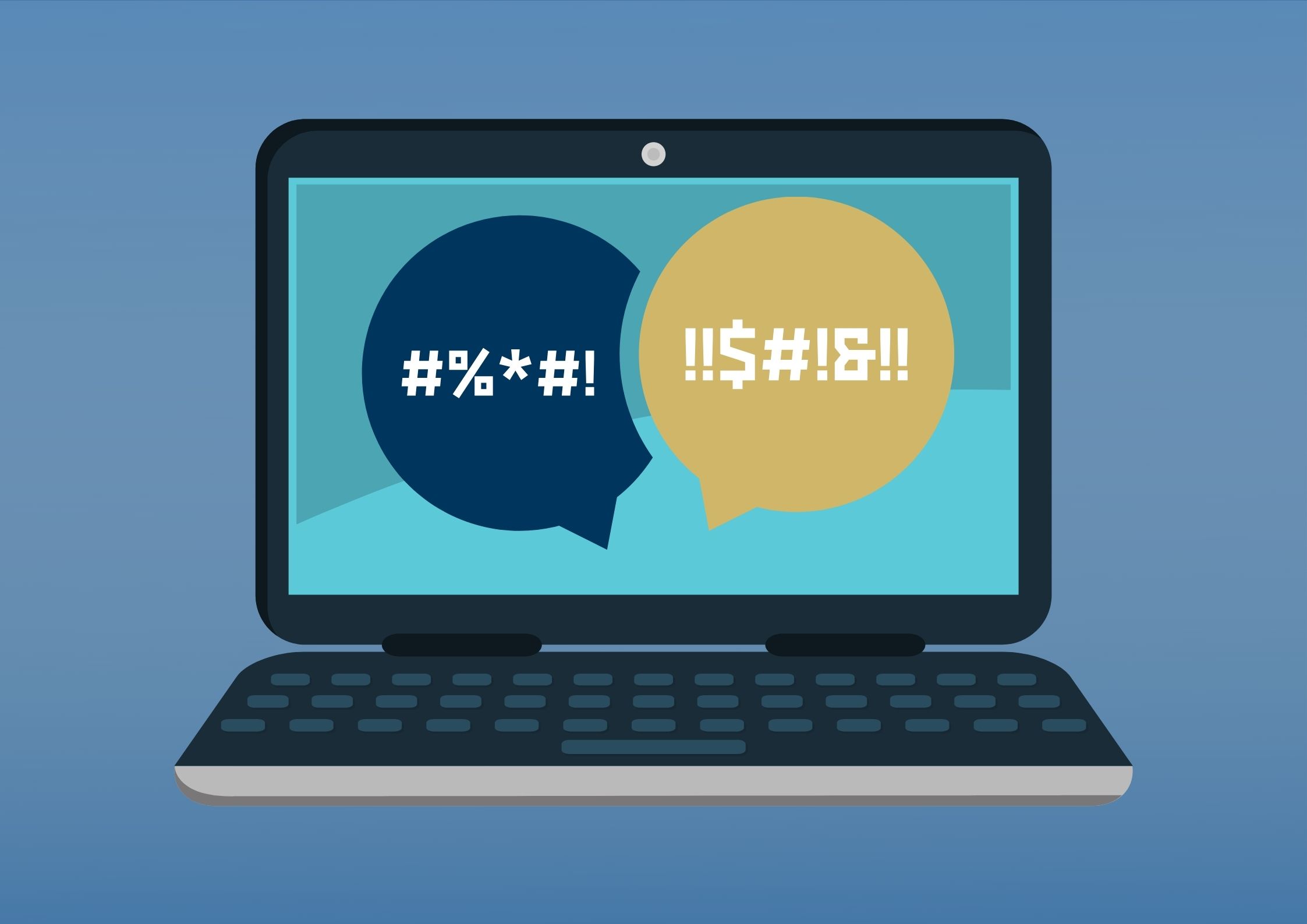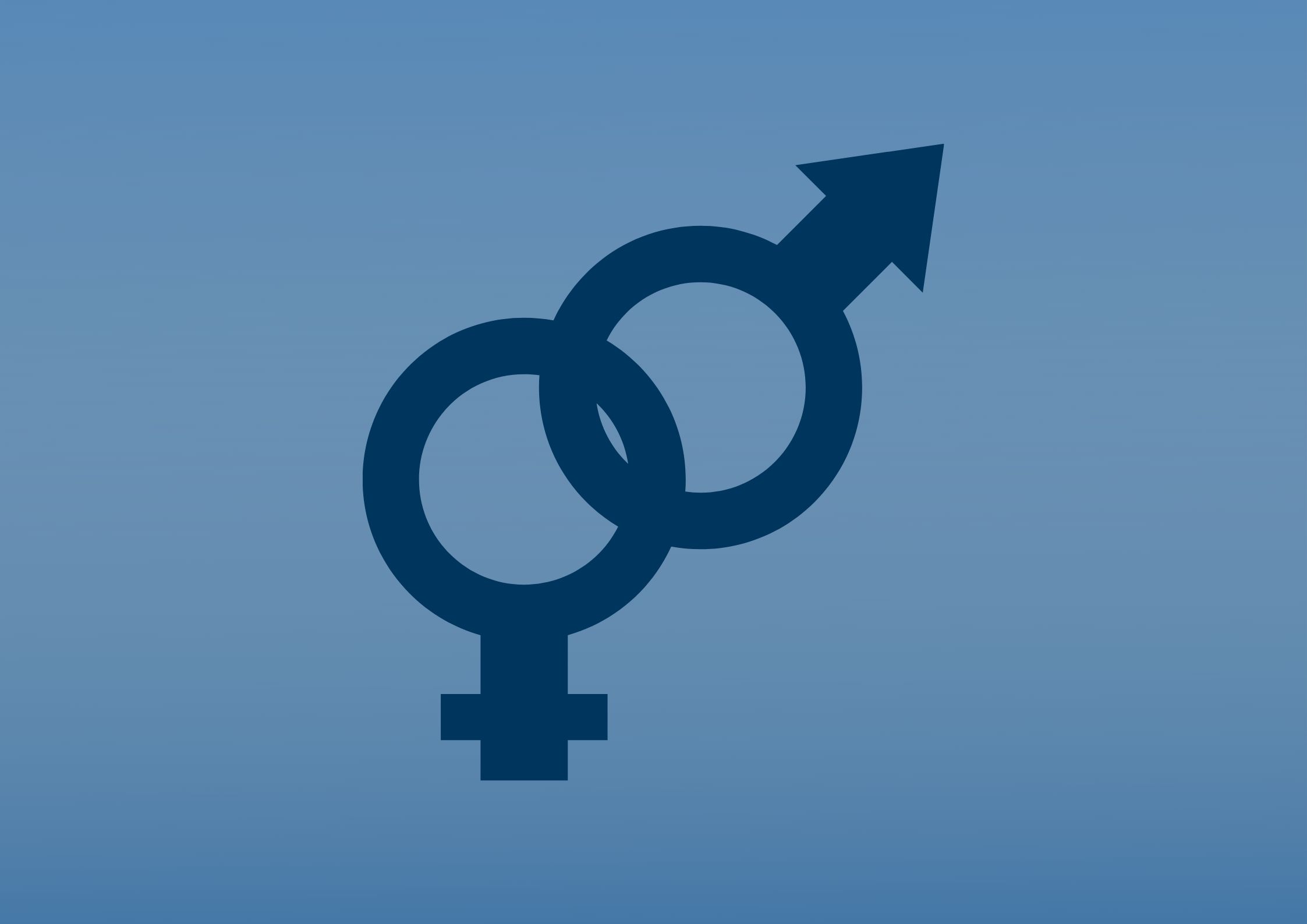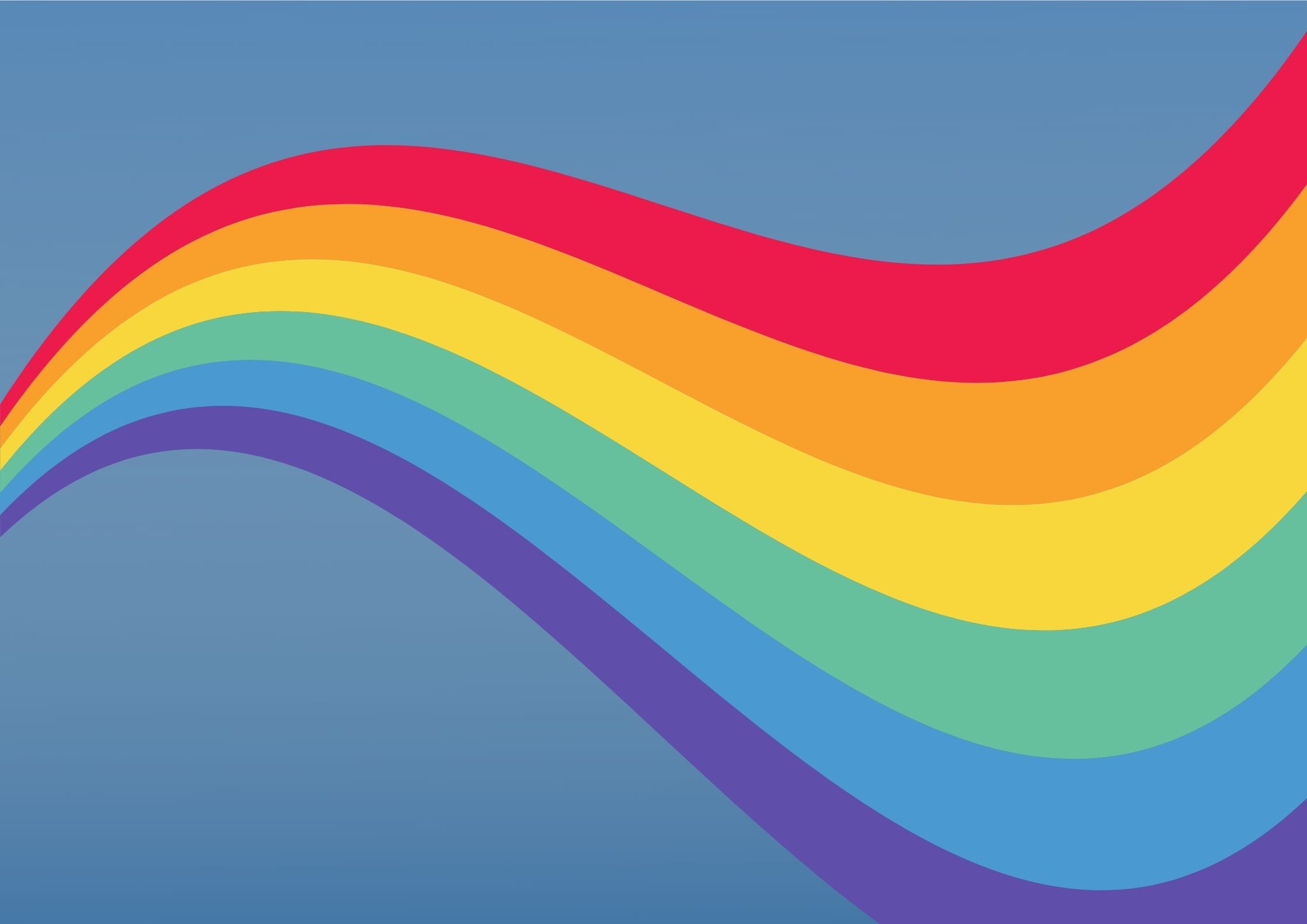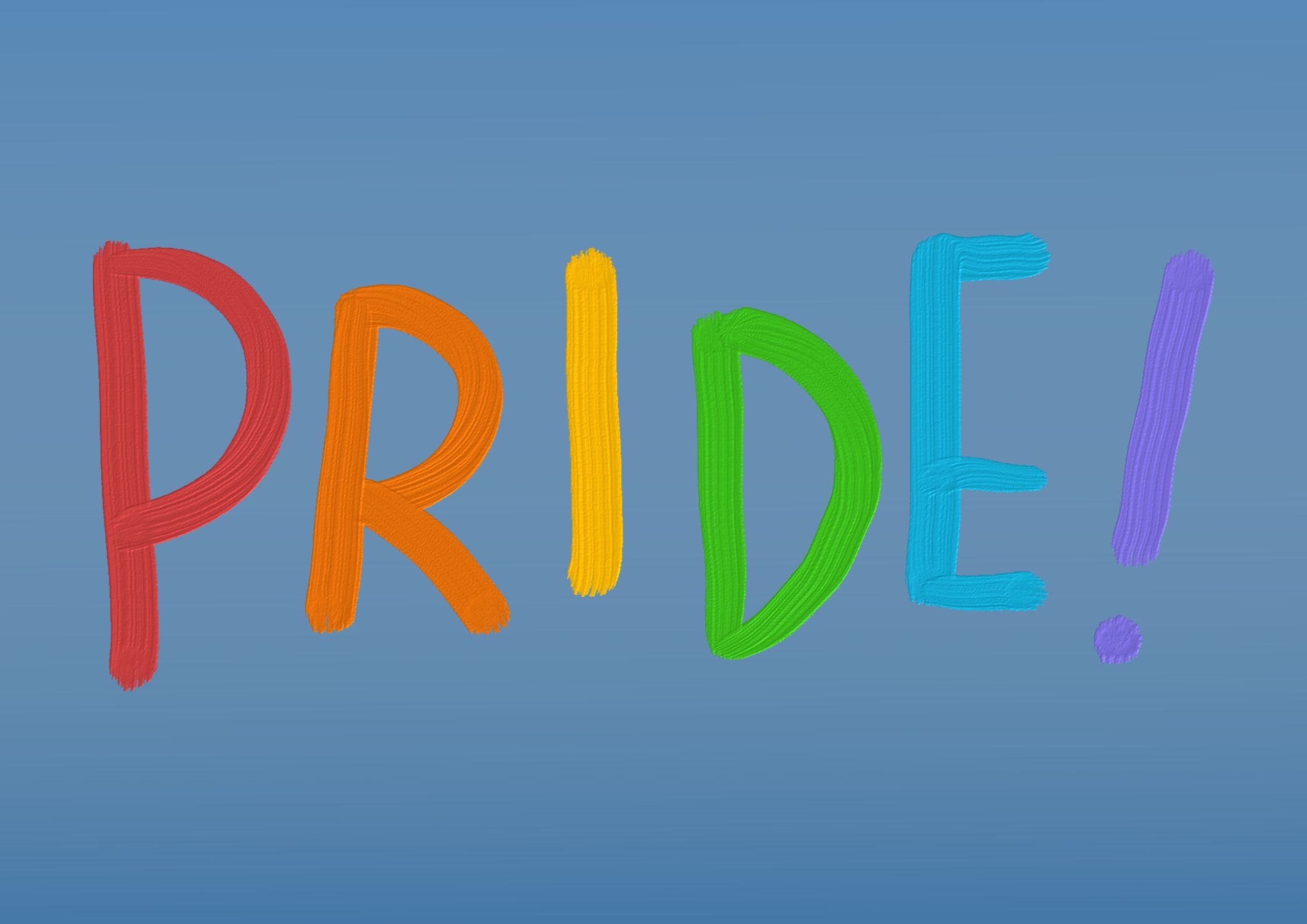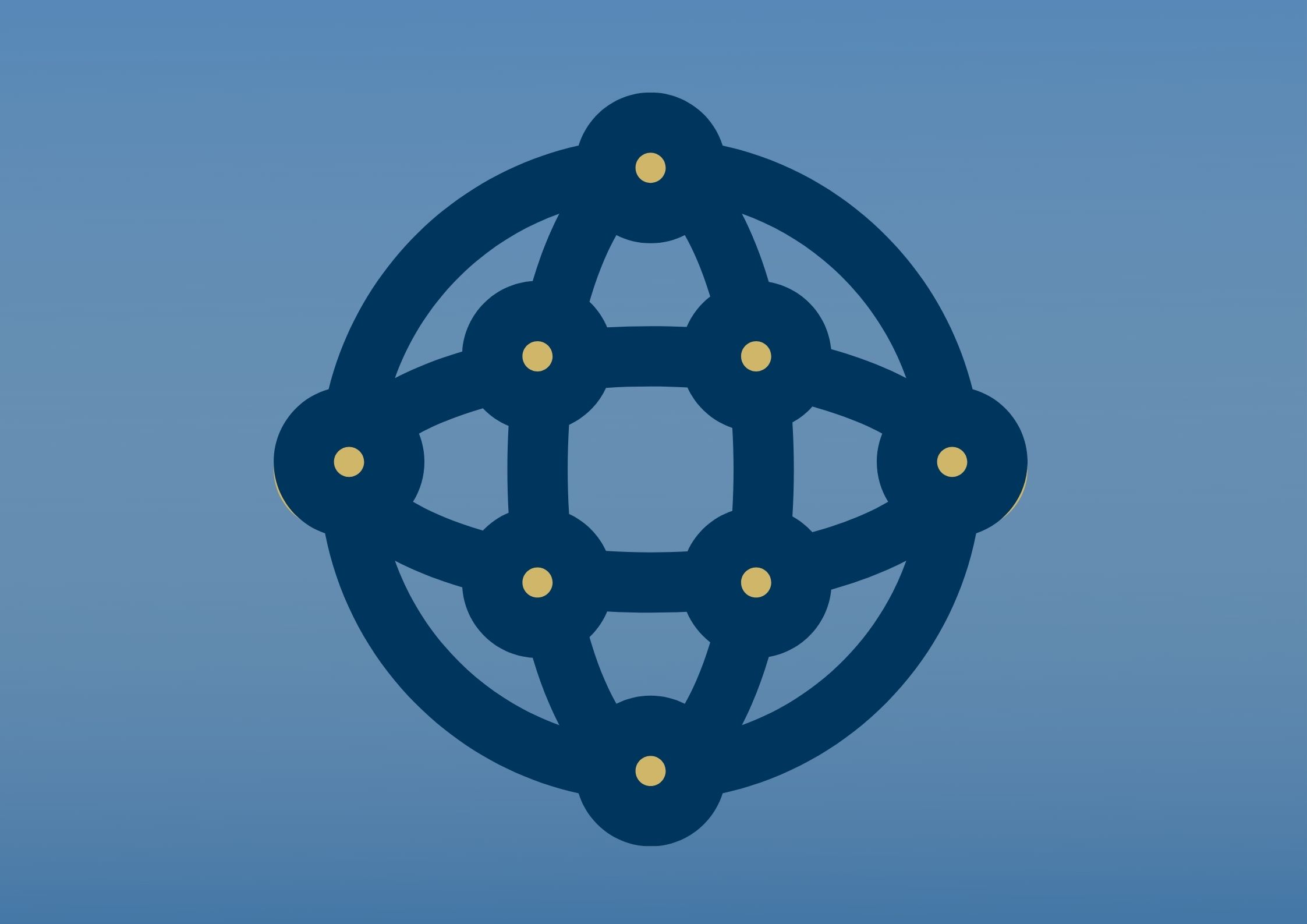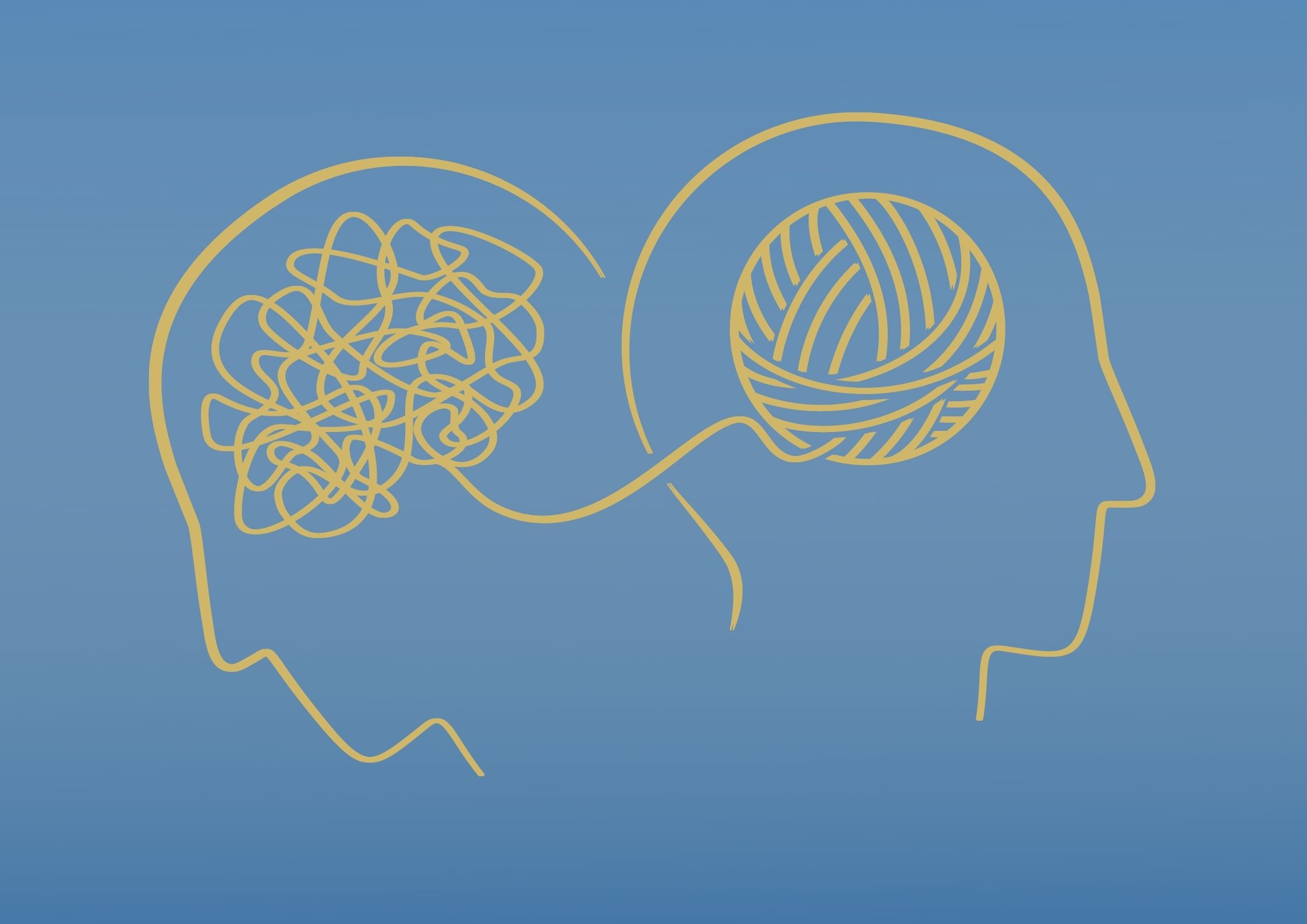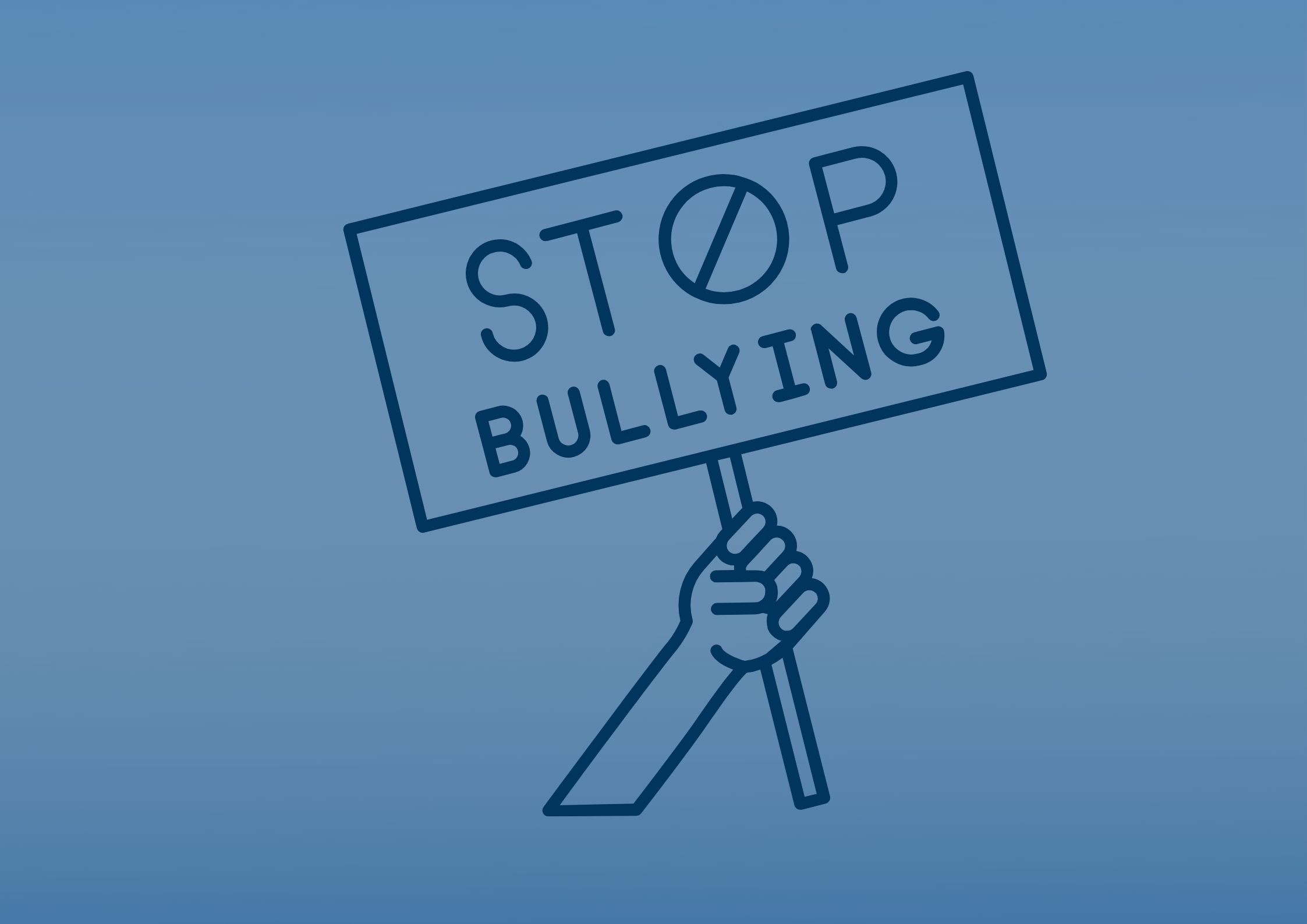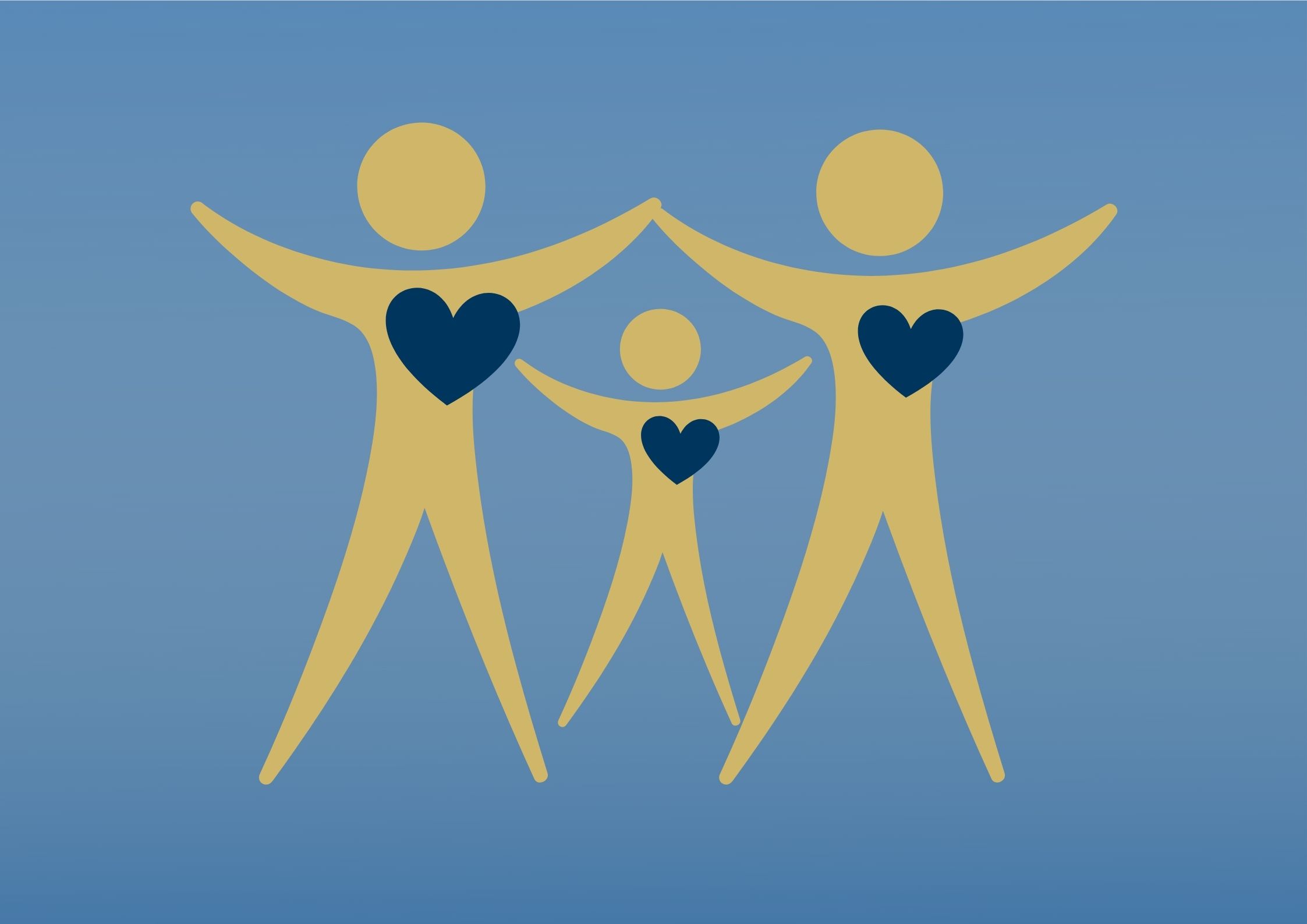Life Skills & Well-being
Life Skills & Wellbeing at Tupton Hall School
Every student has 1 dedicated lesson a week, some weeks have an extra themed week or lesson and 3 times a year students take part in a special programme of activities, called 'Impact Day'. Each faculty also covers aspects of Life Skills and Well-being in their curriculum and this can be found under the cultural capital section of their overviews. Life Skills and Well-being is the name given to our curriculum delivery of what used to be known as PSHE. Every week students will study a current topic connected to one of our key themes; Health and Well-being, Living in the Wider World and Relationships and Sexual Education (RSE).
This section contains documents and links to helpful content surrounding Life Skills and Well-being topics:
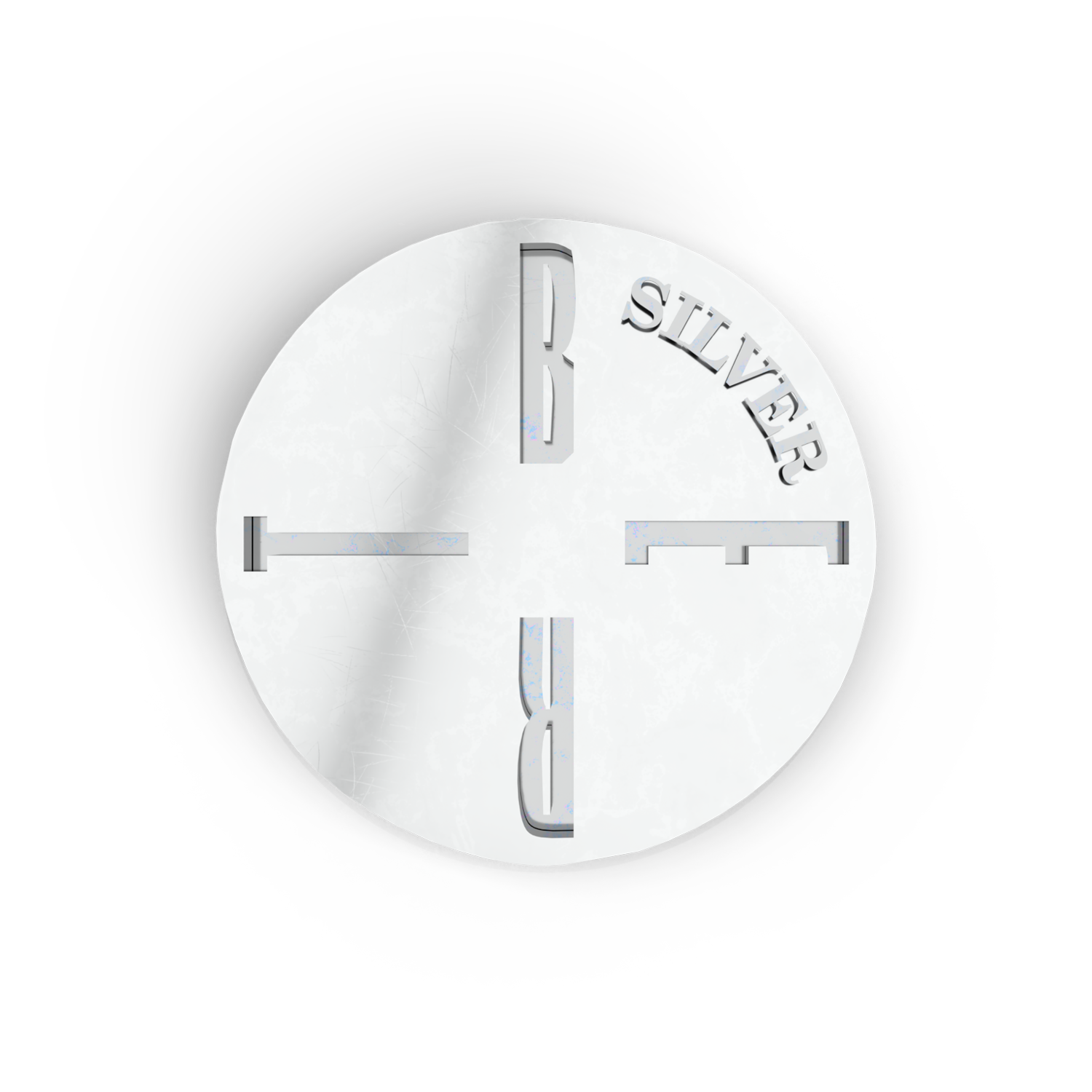
Curriculum Overview - What's going on this term?
Year group curriculum overview
Year 7
Throughout this half term, Year 7 students will focus on health and puberty, developing an understanding of how to maintain a healthy lifestyle. They will learn about the importance of diet, dental health, physical activity and sleep, as well as how to manage influences relating to caffeine, smoking, alcohol, vaping and SNUS. Lessons will support students in managing the physical and emotional changes experienced during puberty, understanding personal hygiene, and recognising unwanted or inappropriate contact. Learning will be assessed through a short mini assessment quiz.
Year 8
Year 8 will explore emotional wellbeing, with a strong focus on attitudes towards mental health and daily wellbeing. Students will learn how to challenge misconceptions and stigma, understand and manage their emotions, and develop healthy coping strategies. The curriculum also addresses digital resilience, helping students recognise and avoid unhealthy coping mechanisms such as self‑harm and eating disorders. Learning will conclude with a mini assessment quiz to check understanding.
Year 9
The focus in Year 9 is on healthy lifestyles and the relationship between physical and mental health. Students will explore how to balance work, leisure, exercise and sleep, and how to make informed choices around healthy eating. They will also consider the influence of body image and learn to make independent, healthy decisions. Lessons encourage students to take responsibility for their physical health, including understanding testicular self‑examination. Progress will be reviewed through a mini assessment quiz.
Year 10
Year 10 students will examine the influence of others and how this impacts decision‑making in increasingly independent situations. They will explore positive and negative role models, including celebrities and real‑life influences, and learn how to evaluate these influences while becoming positive role models themselves. The curriculum covers the media’s impact on perceptions of gang culture, peer influence, binge drinking, drug use and the effects these can have on individuals and families. Students will learn about drugs and the law, how to seek help for substance abuse and addiction, and how to stay safe in the wider world by using exit strategies in pressured or risky situations. Learning is assessed through a mini assessment quiz.
Year 11
Year 11 will focus on next steps, resilience and preparation for life beyond school. Students will develop perseverance in the lead‑up to final exams, learning how to build on prior achievements and use feedback constructively when planning their future. They will set personal goals related to attendance, prom, post‑16 progression and independent study, while exploring the range of options available and considering what is best for them. Lessons also address screen addiction, managing online presence, effective revision techniques and maintaining a healthy work‑life balance. The programme includes learning about democracy, British values and voting, alongside bespoke revision sessions to support Year 11 examinations.
Important Documents, Policies and more information
Relationships & Sexual Health Relationship Policy
What are protected characteristics?
This section contains documents and links to helpful content surrounding Life Skills and Wellbeing topics.Protected Characteristics - WATCH THE VIDEO: Protected Characteristics
- We follow the Equality Act and all the Protected Characteristics equally in our delivery to students within their lessons each year.
- We also follow the fundamental British Values. These values are Democracy, Rule of Law, Respect and Tolerance, Individual Liberty.
Please refer to the 'learn more about our curriculum' tab for more details on how and when each theme is covered.
Below are links to each characteristic to support your understanding in having conversations on themes discussed in school:
Gender Reassignment
These links provide a context to the Protected Characteristic; Gender Reassignment'. It discusses Gender Reassignment discrimination and gives examples of direct and indirect types of discrimination. In LS&W, we look at how the law protects against Gender Reassignment discrimination, harassment and victimisation. We also look at how trans people are portrayed in society and discuss views and opinions on how this can impact participation in sport. If you would like to see more detail on this, please refer to our curriculum plan, or contact the Personal Development team.
Marriage & Civil Partnership
This link will provide a context to the Protected Characteristic; Marriage and Civil Partnership'. It discusses marriage and civil partnership discrimination and gives examples of direct and indirect types of discrimination. In LS&W, we look at how the law protects against Marriage and Civil Partnership discrimination, harassment and victimisation through life, no matter what your beliefs or circumstances are. We look at how there are many types of non-nuclear families. If you would like to see more detail on this, please refer to our curriculum plan, or contact the Personal Development team.
Pregnancy & Maternity
These links provide a context to the Protected Characteristic; Pregnancy & Maternity. It discusses Pregnancy & Maternity discrimination and gives examples of direct and indirect types of discrimination. In LS&W, we look at how the law protects against Pregnancy & Maternity discrimination, harassment and victimisation. We also cover large aspects of women's health, from menstruation to menopause. If you would like to see more detail on this, please refer to our curriculum plan, or contact the Personal Development team.
Race
This link will provide a context to the Protected Characteristic; Race'. It discusses Race discrimination and gives examples of direct and indirect types of discrimination. In LS&W, we look at how the law protects against Race discrimination, harassment and victimisation through life. As well as the fact that race can mean your colour, or your nationality (including your citizenship). It can also mean your ethnic or national origins, which may not be the same as your current nationality. For example, you may have Chinese national origins and be living in Britain with a British passport. Race also covers ethnic and racial groups. This means a group of people who all share the same protected characteristic of ethnicity or race. A racial group can be made up of two or more distinct racial groups, for example black Britons, British Asians, British Sikhs, British Jews, Romany Gypsies and Irish Travellers.
If you would like to see more detail on this, please refer to our curriculum plan, or contact the Personal Development team.
Religion or Belief
These links provide a context to the Protected Characteristic; Religion or Belief'. It discusses Religion or Belief discrimination and gives examples of direct and indirect types of discrimination. In LS&W, we look at how the law protects against Religion or Belief discrimination, harassment and victimisation through life. It is also discussed through EP lessons, which can be viewed on the Humanities' curriculum plan. If you would like to see more detail on this, please refer to our curriculum plan, or contact the Personal Development team.
Age
This link will provide a context to the Protected Characteristic; Age.
It discusses age discrimination and gives examples of direct and indirect types of discrimination. In LS&W, we look at how the law protects against age discrimination, harassment and victimisation at work from employers and employees.
Disability
This link will provide a context to the Protected Characteristic; Disability'. It discusses disability discrimination and gives examples of direct and indirect types of discrimination. In LS&W, we look at how the law protects against disability discrimination, harassment and victimisation in life, sport, school & work. If you would like to see more detail on this, please refer to our curriculum plan, or contact the Personal Development team.
Life Skills & Well-being Parental Guides and Support
We are here to support you and your child. If the matter is urgent, please see our safeguarding page and contact your child's Form Tutor or Head of House. This webpage showcases helpful guides and resources for a variety of topics that your child may face.
Sex - Sexual health support resources for young people and adults, Discussing relationships and sex with your child
LGBTQ+ Support, Advice & Information
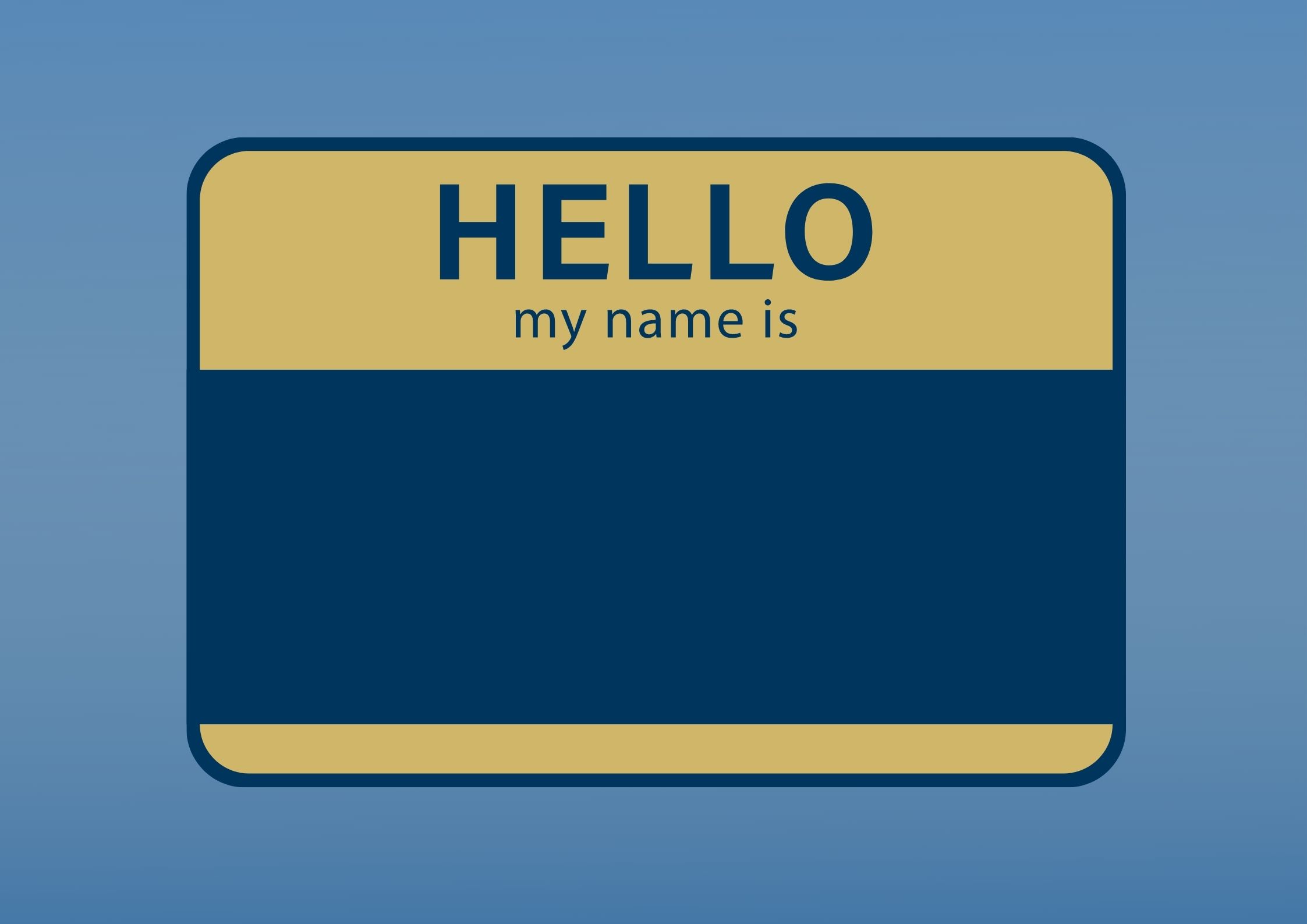 |
Understanding pronounsShe/her, they/them and he/his. What are they, and why are individuals using them? |
|
|
Terminology surrounding gender identity and expressionEveryone has a gender identity. For some people, their gender identity corresponds with the gender assigned at birth, for others it does not. Gender identities that differ from the sex assigned at birth, including ones beyond the binary, as well as the ways in which we express them, have existed across the world, for as long as life has existed. |
|
|
LGBT History Month - FebruaryThe following are some useful websites and links that support the learning in school this month. |
|
|
Pride Month - JunePride Month take place each year through the month of June. At Tupton Hall School we are celebrating with a series of lessons every day that look at the origins of Pride throughout 'Schools Diversity Week'. This will be during the week of 20th June and you can view resources below. There is also a link to Chesterfield's pride event on 24th July. |
Digital Media & Online - Parental guides and support for the digital world
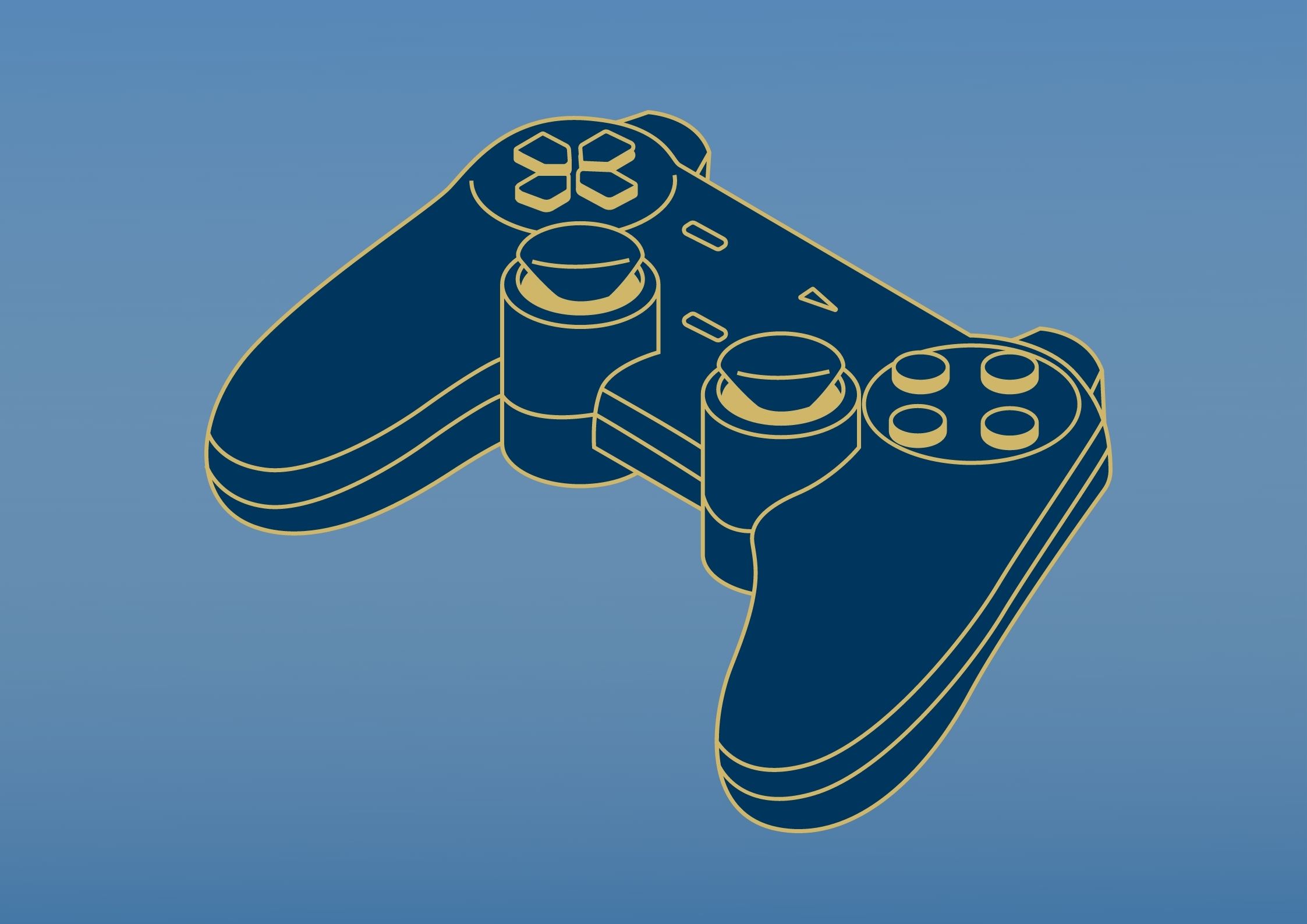 |
Video GamesVideo games are a huge part of a modern teenager's life. Whilst video games can be a great creative outlet and can help to build important skills, they can also become addictive and make your child vulnerable to negative online communications. |
|
|
The MetaverseThe metaverse is an online environment where people interact, play games and express themselves, but not everyone has good intentions.
|
|
|
YoutubeMusic videos regularly exceed 50 million views inside their first hour on the platform: that's almost a million views a minute. It’s easy to understand why many are concerned about harmful clips featuring profanity, sex or violence being equally likely to go viral rapidly. The guide also highlights YouTube’s other potential risks. |
|
|
MediaIn our digital world, there are many risks in all aspect of media. Below are some helpful resources.
|
Mental Health, Wellbeing & Mindfulness
|
|
Mental Health, Wellbeing & MindfulnessMany young people struggle with mental health issues which can affect their school experience and day to day lives. Some helpful resources have been curated below:
|
Extra Information & Support - Anti-Bullying, Substance Abuse, PSHE & Citizenship
|
|
Anti-BullyingAny student experiencing bullying should be encouraged to discuss their experience with a member of staff. Here are some resources for parents: CyberbullyingChildren are now more likely to be bullied via technology than they are to experience it in person. An alarming 84% of 8 to 17-year-olds who reported being targeted said it had taken place via messaging, social media, online gaming and so on, as opposed to 61% who had been intimidated face-to-face. |
|
|
Drugs & Substance AbuseBelow are some insightful resources about substance abuse, how to deal with it and how it can affect an individual:
|
|
|
PSHE & Citizenship
|
British Values
Awaiting Content
Life Skills and Wellbeing Contact and Feedback
Contact the School:
- Telephone: 01246 863127
- Address: Station New Rd, Old Tupton, Chesterfield S42 6LG
- Email: enquiries@tuptonhall.org.uk
Contact our Leader of Personal Development:
- s.pateman@tuptonhall.org.uk
Contact Heads of Houses:
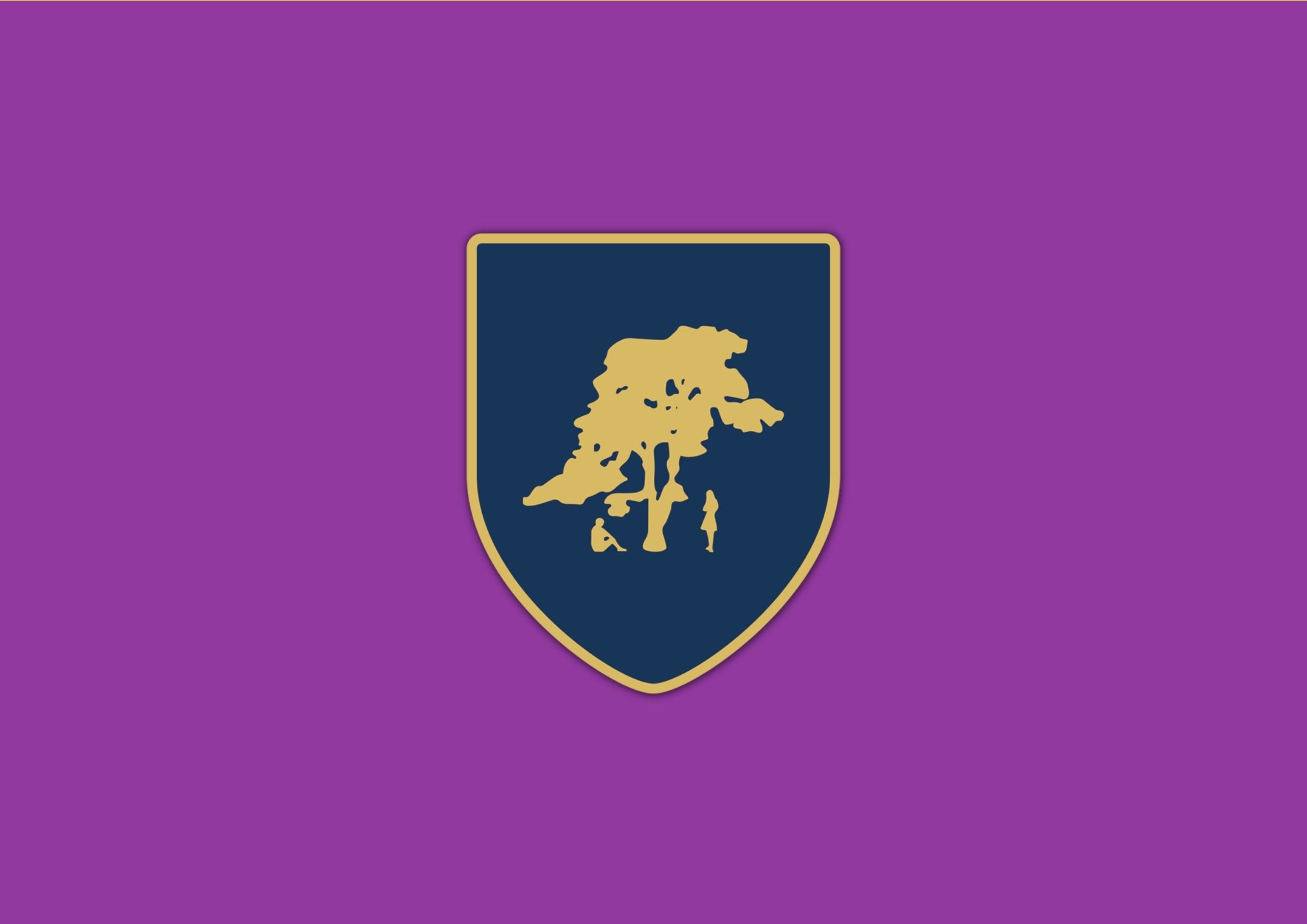 |
Turbutt |
Mr M Edwards |
m.edwards@tuptonhall.org.uk |
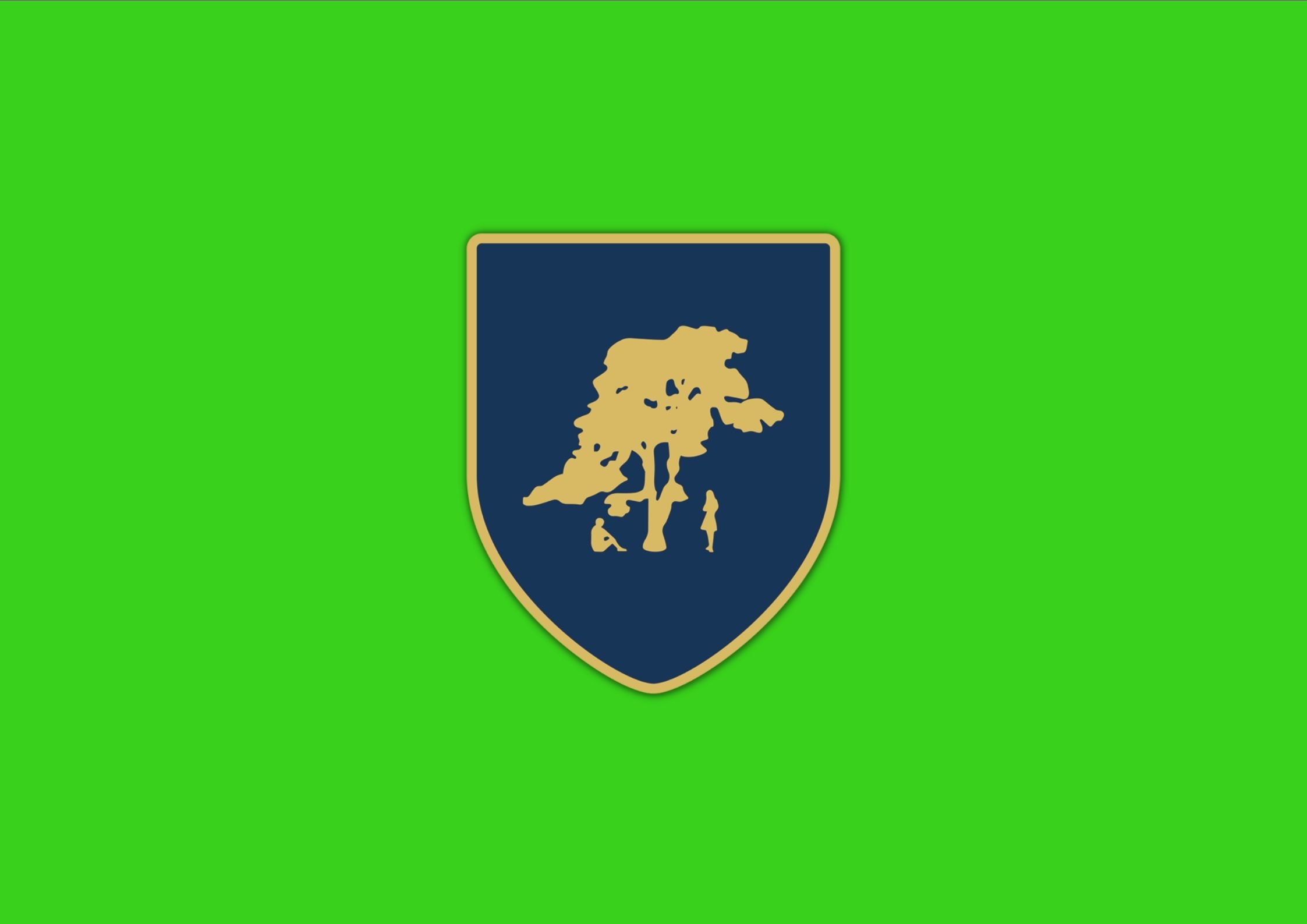 |
Cavendish |
Mrs J Cooper |
j.cooper@tuptonhall.org.uk |
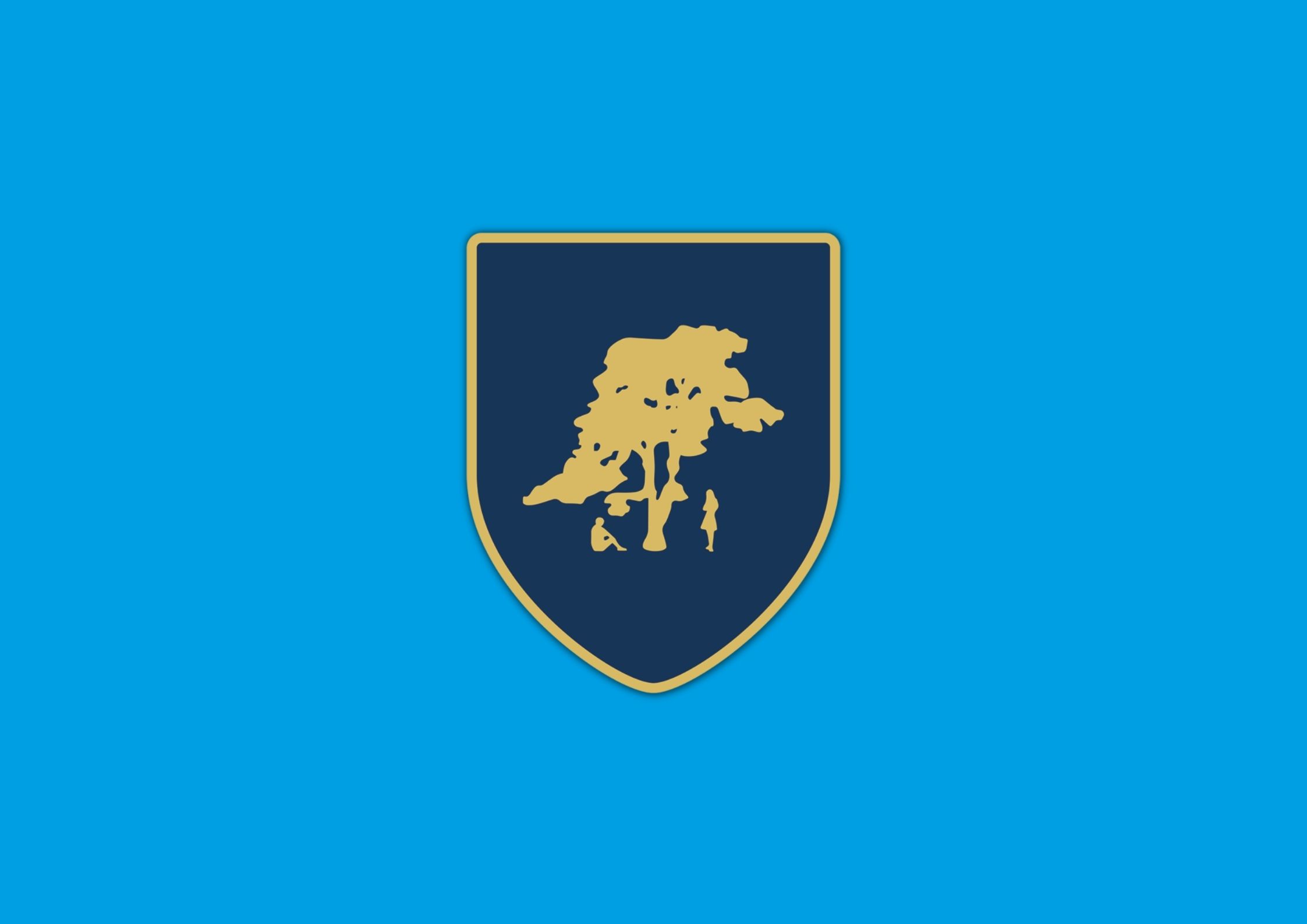 |
Hunloke |
Mrs R Jeffries |
r.jeffries@tuptonhall.org.uk |
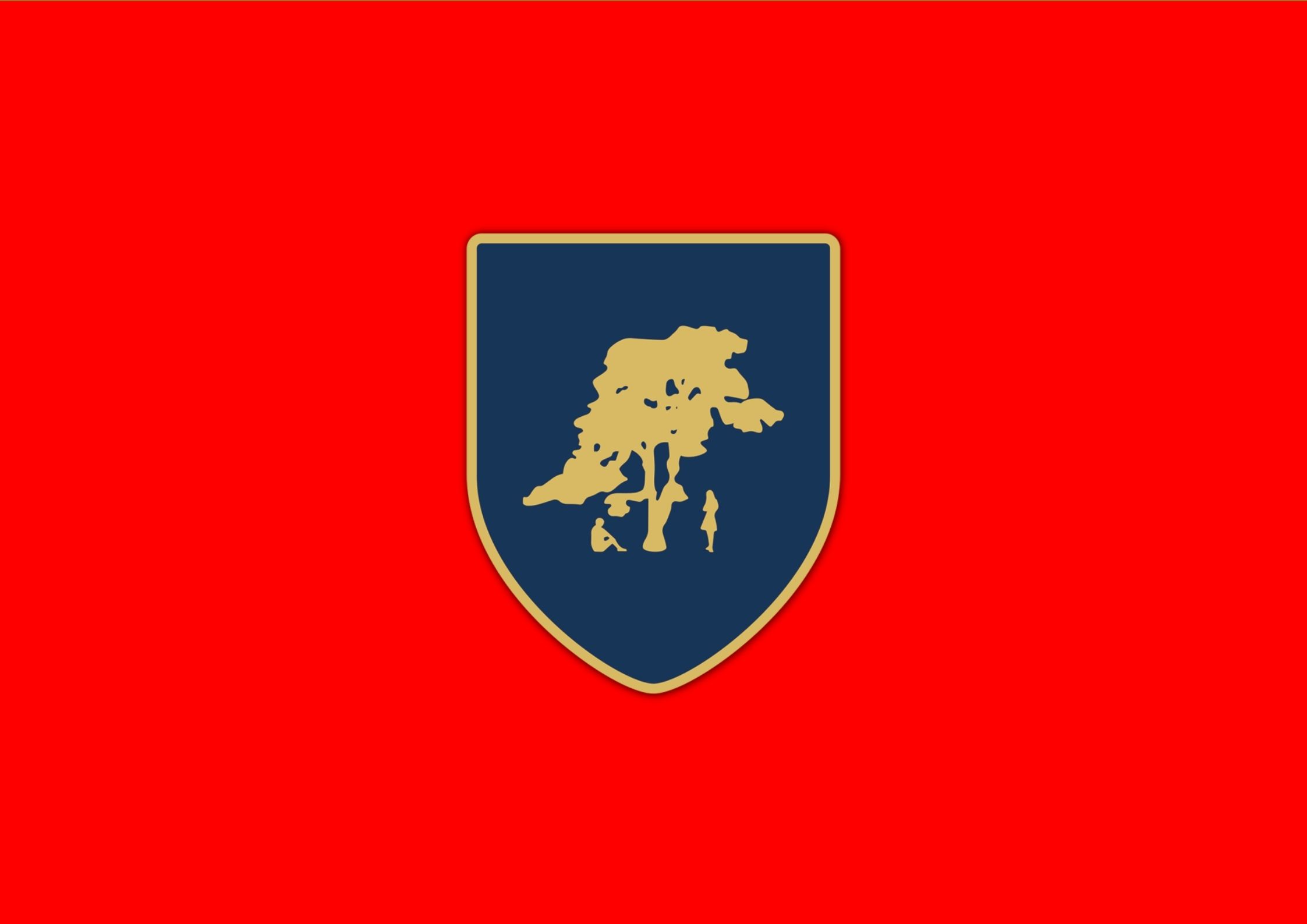 |
Gladwin |
Mr P Trigg |
p.trigg@tuptonhall.org.uk |
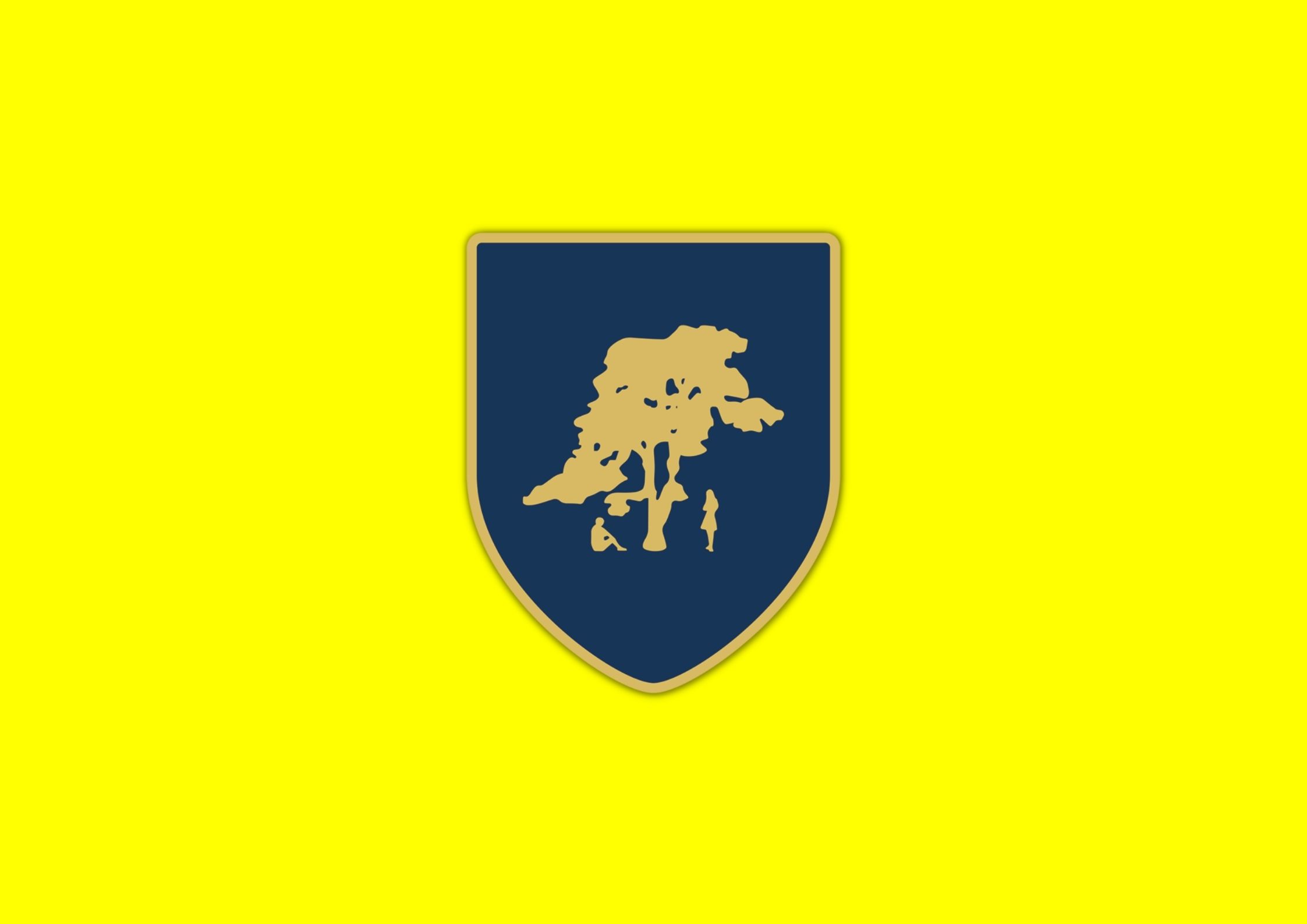 |
Kenning |
Mr N Rosling |
n.rosling@tuptonhall.org.uk |
Impact Days
Students across each year group will be experiencing a day of Life Skills & Wellbeing.
Each lesson will follow a plan of special lessons covering a selection from our themes;
- Careers
- Health and well-being
- Sexual health
- Study skills
- Wider world
We have a range of specialists delivering content from the police to sexual health experts. You can also find advice on how to support from our 'parental guide' and 'extra support' section of this webpage.
If you require any further information about the day, please contact the deputy head of house for your child, details of which can be found in the contact and feedback section.



